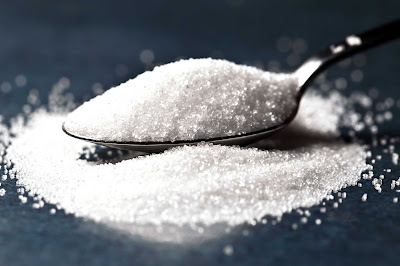Cycling in Minnesota creates thousands of jobs and cuts health-care spending

By Josephine Marcotty Star Tribune MARCH 28, 2017 Despite its cold winters, Minnesota — and the Twin Cities in particular — has long been recognized as one of the country’s biking-est places. Minneapolis leads the nation in the concentration of bike lanes and paths (5.8 per square mile), the number of regular commuters (4 percent, according to the U.S. census), and has the second-lowest biking fatality rate among the top 50 largest cities. Additionally, a new report released that the state’s bike industry also produces $780 million in annual economic activity, 5,519 jobs and millions of dollars in health care savings because of reduced obesity, diabetes and heart disease. And 13.6 percent of Twin Cities residents commute by bike. Biking to work three times a week was associated with a 32 percent lower likelihood of obesity and 28 percent lower risk of high blood pressure — which produce substantial health savings and result in fewer premature deaths. READ complete article here ...






